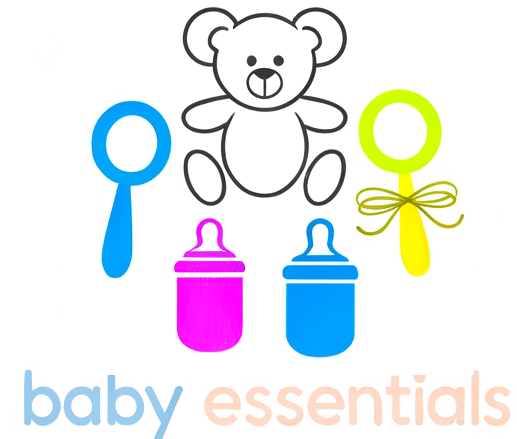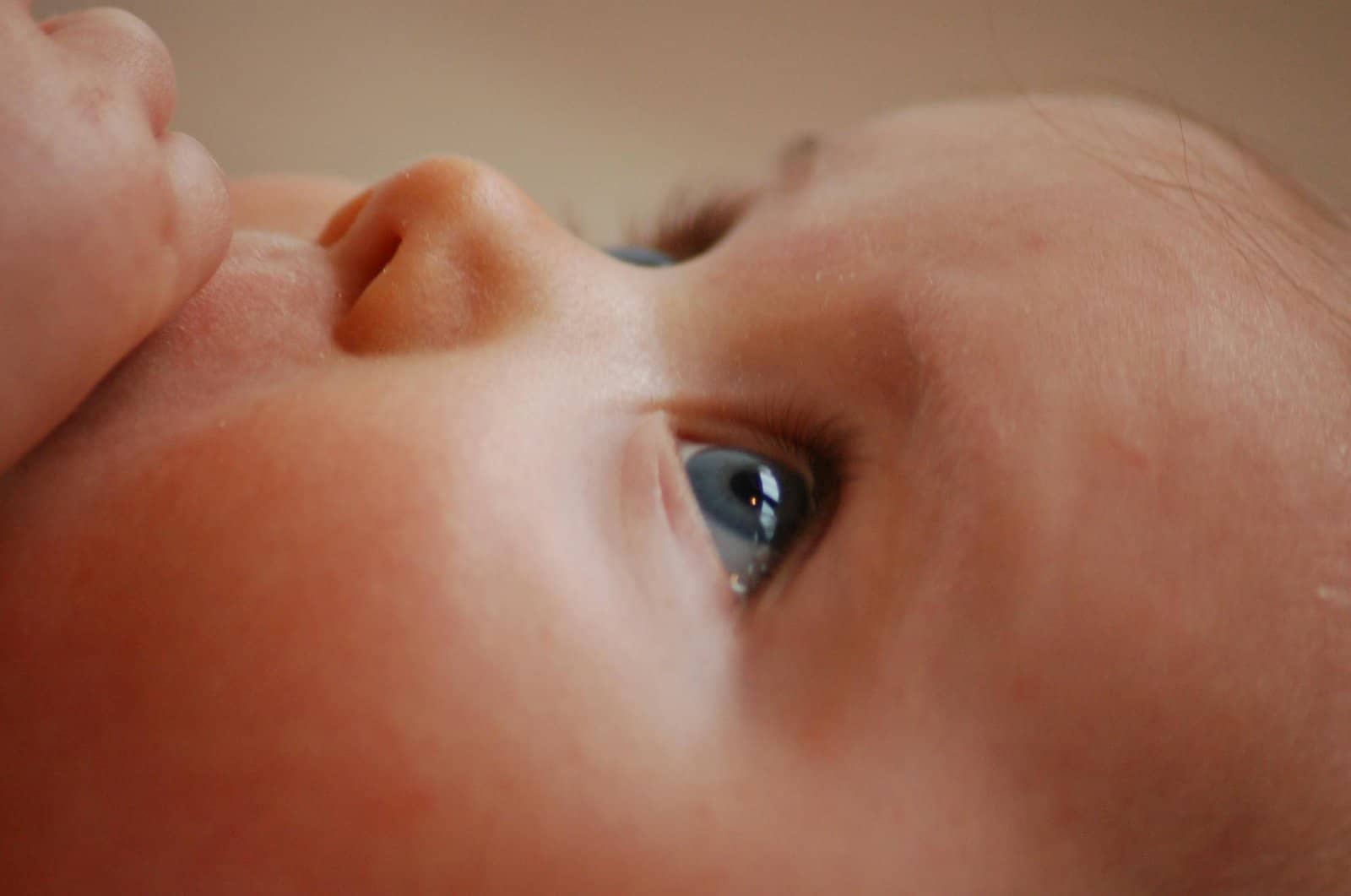Welcoming a new baby is a profound and life-changing experience. As a parent, one of the most important gifts you can give your child is a strong, loving bond. Building a Bond with Your Baby not only nurtures your baby’s emotional well-being but also lays the foundation for healthy development in every area of life. In this comprehensive guide, you’ll discover the science of bonding, practical ways to build a relationship with your baby, and how to support your child’s growth through every stage of the first year.
Why Bonding Matters: The Science and Benefits
Bonding is the process of forming a close emotional connection with your baby. This bond, often called “attachment,” is built through everyday moments, feeding, cuddling, talking, and responding to your baby’s needs. Research shows that a secure bond helps your baby feel safe, loved, and ready to explore the world. It also supports healthy brain development, emotional regulation, and the ability to form positive relationships later in life.
How Bonding Begins: From Pregnancy to the First Days
Bonding can start even before your baby is born. Talking, singing, and gently stroking your bump during pregnancy helps your baby recognise your voice and feel comforted by your presence. After birth, skin-to-skin contact holding your baby close against your bare chest triggers hormones that promote bonding and help regulate your baby’s temperature, heart rate, and breathing. Both mothers and fathers (or partners) benefit from this early closeness.
Building a Bond: Everyday Activities That Matter
In this journey of parenting, remember that building a bond with your baby is essential for fostering a secure and loving environment.
- Skin-to-Skin Contact: Hold your baby close, especially in the first hours and days. This calms both of you and helps your baby feel secure.
- Eye Contact: Babies are drawn to faces. Looking into your baby’s eyes helps them learn to recognise you and fosters an emotional connection.
- Talking and Singing: Your voice is soothing and familiar. Narrate your day, sing lullabies, and respond to your baby’s coos and cries.
- Gentle Touch and Massage: Soft strokes and baby massage can calm your baby and deepen your bond.
- Responsive Care: Responding promptly and lovingly to your baby’s needs, feeding, changing, and comforting builds trust and security.
- Play and Interaction: Simple games, smiles, and copying your baby’s sounds encourage social and cognitive development.
- Routine and Consistency: Regular routines for feeding, sleeping, and play help your baby feel safe and understand what to expect.
Understanding Milestones: How Bonding Supports Development
Bonding isn’t just about feeling close, it’s essential for your baby’s growth across four key areas:
- Physical (Motor) Milestones: Rolling, sitting, crawling, and grasping objects.
- Cognitive Milestones: Exploring, problem-solving, and understanding cause and effect.
- Language and Communication: Making sounds, babbling, responding to voices, and eventually saying words.
- Social and Emotional: Smiling, showing affection, and forming attachments to caregivers.
Month-by-Month: Bonding and Development in the First Year
0–2 Months: The Newborn Phase
- Bonding: Skin-to-skin contact, gentle rocking, and soothing with your voice are powerful ways to connect.
- Development: Babies respond to faces, voices, and touch. They may briefly hold up their heads and track movement with their eyes.
- Tips: Spend time face-to-face, talk softly, and respond to your baby’s cries with comfort and care.
3–5 Months: Growing Awareness
- Bonding: Your baby starts to smile, coo, and make eye contact. These are early signs of social and emotional connection.
- Development: Improved head control, reaching for objects, and recognising caregivers’ voices.
- Tips: Play simple games like peekaboo, sing songs, and offer plenty of cuddles.
6–8 Months: Exploring and Interacting
- Bonding: Babies love to imitate and respond to your expressions. They may show a preference for familiar people and toys.
- Development: Rolling, sitting, transferring objects between hands, responding to their name.
- Tips: Copy your baby’s sounds, introduce new textures and toys, and encourage safe exploration.
9–12 Months: Independence and Attachment
- Bonding: Your baby may show separation anxiety, a sign of strong attachment. They seek comfort from you and enjoy interactive games.
- Development: Crawling, standing, possibly taking first steps, understanding simple words and commands.
- Tips: Offer choices, play together, and reassure your baby during separations.
Practical Tips for Strengthening Your Bond
- Follow Your Baby’s Lead: Notice your baby’s cues when they’re alert, sleepy, or want to play. Responding to these signals helps your baby feel understood and valued.
- Include Your Partner and Family: Encourage all caregivers to spend time holding, talking to, and playing with your baby. This helps your baby build trust with a wider support network.
- Use Everyday Moments: Diaper changes, bath time, and feeding are all opportunities for eye contact, talking, and gentle touch.
- Try Baby Massage: Gentle massage can calm your baby, promote sleep, and deepen your connection.
- Get Outdoors Together: Walks in nature or trips to the park provide new sights and sounds to share with your baby.
- Establish Bedtime Routines: Consistent routines help your baby feel secure and signal that it’s time to rest.
Bonding Challenges: It’s Normal to Need Time
Not every parent feels an instant bond. Birth experiences, exhaustion, or postpartum mood changes can make bonding harder. This is normal and does not mean you’re a bad parent. Bonding is a process that unfolds over weeks and months. If you’re struggling, reach out to your health visitor, GP, or support groups for help and reassurance.
Common Concerns and Reassurance
- “I don’t feel connected to my baby yet.” Bonding can take time. Regular touch, talking, and care will help your relationship grow.
- “My baby prefers one parent.” Babies often go through phases of attachment. Encourage all caregivers to spend quality time with your baby.
- “I can’t breastfeed, will it affect our bond?” Bonding happens through closeness, eye contact, and response to needs, not just breastfeeding. Bottle-feeding parents can bond just as deeply.
- “What if I had a difficult birth or my baby was in the NICU?” Bonding may take longer, but with time and consistent care, a strong attachment can still develop.
When to Seek Support
If you feel persistently disconnected from your baby or if you’re experiencing symptoms of postnatal depression, seek help from your healthcare provider. Early support can make a significant difference for both you and your baby.
Celebrating Your Unique Journey
Every parent-child relationship is unique. There’s no single “right” way to bond, and every family’s journey looks different. What matters most is your love, attention, and willingness to respond to your baby’s needs. Over time, these small, everyday moments will build a deep and lasting connection.
“You are your baby’s favorite person. Your presence, your voice, and your love are the greatest gifts you can give.”
Helpful Resources
- NHS Start for Life – Building a Close Relationship with Your Baby: Explains how everyday moments, responding to needs, cuddling, talking, and playing, create strong bonds and support healthy brain and emotional development. Emphasises that bonding can happen at different times for different parents and that a secure relationship helps children become confident and resilient
- NHS Inform – Developing a Relationship with Your Baby: Details how responsive care and attention shape a baby’s mind and help them manage feelings, build safe relationships, and develop secure attachment
- Children First – Bonding with Your Baby: Outlines practical ways to build bonds, including responding to cues, cuddling, relaxing together, and playing. Highlights the importance of touch, attention, and emotional presence for healthy attachment
- BBC Tiny Happy People – 25 of the Best Ways to Bond with Your Baby: Offers simple, research-backed activities such as face-to-face time, chatting, cuddling, baby massage, copying your baby’s sounds, and getting outdoors to strengthen your connection
- Nursing in Practice – Support for Parents to Strengthen Bonds: Highlights the importance of early attachment for long-term mental health and wellbeing, and the value of support and guidance for parents in building these connections.
These sources are widely recognised for their reliability and are frequently referenced by healthcare professionals and parenting experts.
Final Thoughts
Building a bond with your baby is a journey filled with small, meaningful moments. Through touch, talk, play, and consistent care, you’re giving your child the foundation for a happy, healthy life. Trust yourself, seek support when needed, and cherish the special connection you’re creating, one cuddle at a time.
FAQs
What does it mean to bond with my baby?
Bonding is the process of forming a close, loving connection with your baby through everyday interactions, such as cuddling, talking, and responding to their needs.
When does bonding with my baby begin?
Bonding can start during pregnancy and continues after birth through skin-to-skin contact, eye contact, and responsive care.
What if I don’t feel an instant bond with my baby?
It’s normal for bonding to take time. Many parents need weeks or months to feel deeply connected. Consistent care and interaction will help your bond grow.
Can fathers and partners bond with the baby, too?
Absolutely. Partners can bond through holding, feeding, talking, playing, and comforting the baby, just like mothers.
Does feeding method affect bonding?
No. Whether you breastfeed or bottle-feed, bonding happens through closeness, eye contact, and loving responses during feeding.
What are some practical ways to build a bond?
Hold your baby skin-to-skin, make eye contact, talk and sing, respond to their cues, play simple games, and establish comforting routines.
Can I bond with my baby if they were in the NICU or I had a difficult birth?
Yes. Bonding may take longer, but with time, touch, and consistent care, a strong connection can develop.
What if my baby seems to prefer one parent?
Babies often show preferences at different stages. Encourage all caregivers to spend quality time with the baby to build strong bonds.
When should I seek help if I’m struggling to bond?
If you feel persistently disconnected from your baby or experience symptoms of depression, talk to your healthcare provider for support.
Where can I find more information or support?
Trusted resources include NHS Start for Life, CDC, American Academy of Pediatrics, WHO, and local parenting support groups. Your health visitor or GP can also help.

